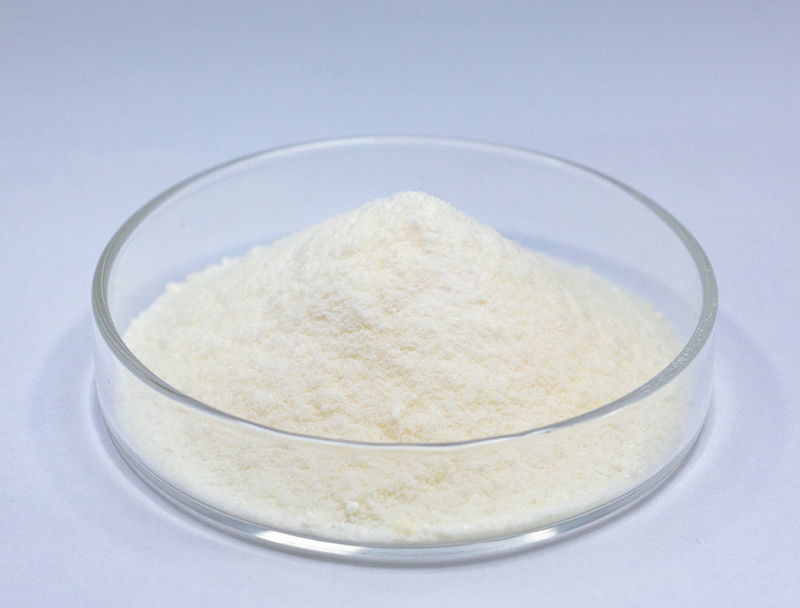
Bioprocessing depends strongly on a diverse spectrum of primary inputs for generating cutting-edge biobased goods.
Guaranteeing the sustainable sourcing of these resources is indispensable to sustainable success and conscientious scaling.
many concerns related to standard raw input procurement for instance pollution and systematic depletion of reserves. Hence, industry players ought to pursue innovative supply solutions to lower carbon burdens.
- Examples of sustainable sourcing practices include:
- Harnessing secondary biomass from farming outputs
- Installing reclamation workflows to diminish waste and heighten recovery
- Working with community-based suppliers that follow ethical standards
The transition to greener sourcing offers both planet-friendly outcomes and business advantages.
Enhancing Biomass Composition for Superior Biofuel Results
Improving fuel production performance hinges on the attributes of biomass inputs. Investigators regularly test new routes to upgrade biomass inputs, facilitating elevated yields and a renewable energy transition. Programs combine genetic improvement for biomass productivity with conversion technologies to access fermentable substrates.
- In addition, projects pursue feedstocks like algae, waste fractions, and harvested residues to enlarge the selection of eco-friendly biomass for bioenergy.
- As a result of relentless efforts the industry should deliver significant enhancements paving a path to sustainable energy.

Upstream Process Improvements for Modern Biopharma Production
spans early manufacturing steps including propagation and cell separation Recent progress has advanced techniques that maximize productivity and increase output.
Key advancements include the utilization of novel cell lines, optimized culture media formulations, and intelligent bioreactor designs. These changes expand productivity and help reduce both financial and environmental overhead.
- In addition, momentum toward nonstop processing offers improved flexibility and optimized operational flow.
- This move toward intelligent production systems is expected to reshape the industry and hasten drug development.

CRISPR and Beyond: Improving Biopharma Production
progresses in gene editing technologies, such as CRISPR-Cas9, have revolutionized the production of biopharmaceuticals. By precisely targeting genes within host organisms, researchers can enhance the yield of valuable therapeutic proteins. These methods could enable production of accessible and efficient medicines tackling diverse health challenges.
Microbial Biotechnology as a Sustainable Cleanup Strategy
advanced microbe-driven remediation methods to treat contaminated sites sustainably. Certain microbes have capacities to biotransform contaminants into nonharmful forms.. Utilizing microbial metabolism supports eco-friendly site cleanup methods that limit secondary harm from remediation.. Investigators study multiple microbial strains for abilities to transform metals, degrade agrochemicals, and process petroleum wastes.. Organisms may be utilized in controlled reactors or in place to accelerate contaminant decomposition through biodegradation..
Biological remediation using microbes yields meaningful benefits compared to conventional strategies. Microbial remediation can cut expenses and limit harmful secondary emissions. In addition, microbial approaches enable pollutant-specific treatment without broad ecological disruption. Work in this area evolves rapidly to optimize the success rates and scalability of bioremediation solutions.
Bioinformatics Tools Transforming Drug R&D
Informatics platforms are essential to current drug discovery and development pipelines. By integrating diverse datasets, bioinformatics enhances candidate identification and therapeutic optimization.
- By interrogating large-scale omics and clinical information, scientists find new targets and predict candidate efficacy.
- Furthermore, computational modeling of drug–target interactions aids rational design of higher-performing therapeutics.
- Ultimately, bioinformatics modernizes development workflows and expedites access to safe, beneficial medicines.
Metabolic Engineering Strategies for Enhanced Bioproduct Synthesis
employs a variety of strategies to augment the synthesis of valuable bioproducts within microorganisms. Options include metabolic rerouting via gene edits, expression tuning through regulatory control, and incorporation of foreign enzymes to expand function.. With precise metabolic tuning scientists can greatly enhance yields of desired compounds.
This wide-ranging tactic can overhaul industries spanning medicine, agriculture, and energy production.

Upscaling Biopharma: Obstacles and Potential Gains
Scaling up biopharmaceutical production presents both significant challenges and exciting opportunities. Maintaining consistent product attributes with scale-up remains a 2-Ketoglutaric acid central difficulty. Managing it necessitates robust automation, high-fidelity monitoring, and powerful analytical capabilities.

Complexity in multi-step biomanufacturing operations presents ongoing operational challenges.. Transforming bench processes into industrial practice requires sustained research and engineering innovation. Despite challenges, the benefits may be considerable. Effective scale-up may expand patient access to therapies, cut unit costs, and improve margins.
A range of strategies is being implemented to address scaling problems. Approaches include cutting-edge process optimization tech, comprehensive analytics for control, and disruptive manufacturing designs.
- Research and development activities are central to evolving manufacturing capacity.
- Regulatory bodies are modernizing pathways to accelerate approval of advanced production technologies and support innovation.
Exploring Approval Frameworks for Biopharmaceutical Safety and Effectiveness
Creating biologic medicines requires strict regulatory controls to maintain both patient safety and therapeutic value. Biologically derived medicines entail particular manufacturing and regulatory complexities compared with chemical drugs.
Agencies like FDA and EMA develop frameworks and criteria for validating and approving cutting-edge biotherapies..
Robust assay and safety testing are obligatory from discovery through post-marketing surveillance.. The protocols serve to uncover safety concerns and certify that products fulfill rigorous protection standards..
Concurrently, regulatory organizations fine-tune methods to remain compatible with quick scientific advancements. Initiatives cover incorporating new methods and supporting faster development while ensuring patient protection.

Exploring the Potential of Plant-Based Biomass Feedstocks in Bioplastics
A stronger push for environmentally responsible materials is driving research into renewable options. Using plant feedstocks to make bioplastics gives a promising direction for sustainable material development. Materials such as starch from corn, cellulose pulp, and sugarcane biomass are convertible into biodegradable polymers that lower plastic waste concerns.
Additionally, many plant-based bioplastics show performance characteristics similar to conventional plastics for numerous uses.. Continuous R&D will drive plant biomass into scalable bioplastic manufacture and help establish closed-loop material systems.
This Emerging Impact on Public Health and Food Systems
Biotech innovations hold promise to dramatically impact health and the reliability of food systems. By harnessing genetic engineering, synthetic biology constructs, and advanced cell therapies, technologists deliver capabilities to reduce disease burden, raise crop outputs, and increase food value. To illustrate, modified plants designed for pest resilience and environmental tolerance can raise outputs and reduce pesticide application.. Moreover, biotechnology plays a crucial role in developing vaccines, antibiotics, and diagnostic tools that are essential for combating infectious diseases and improving global health outcomes.. Looking forward, continued biotech progress promises to deliver therapies and agricultural solutions that support health and sustainability worldwide.
